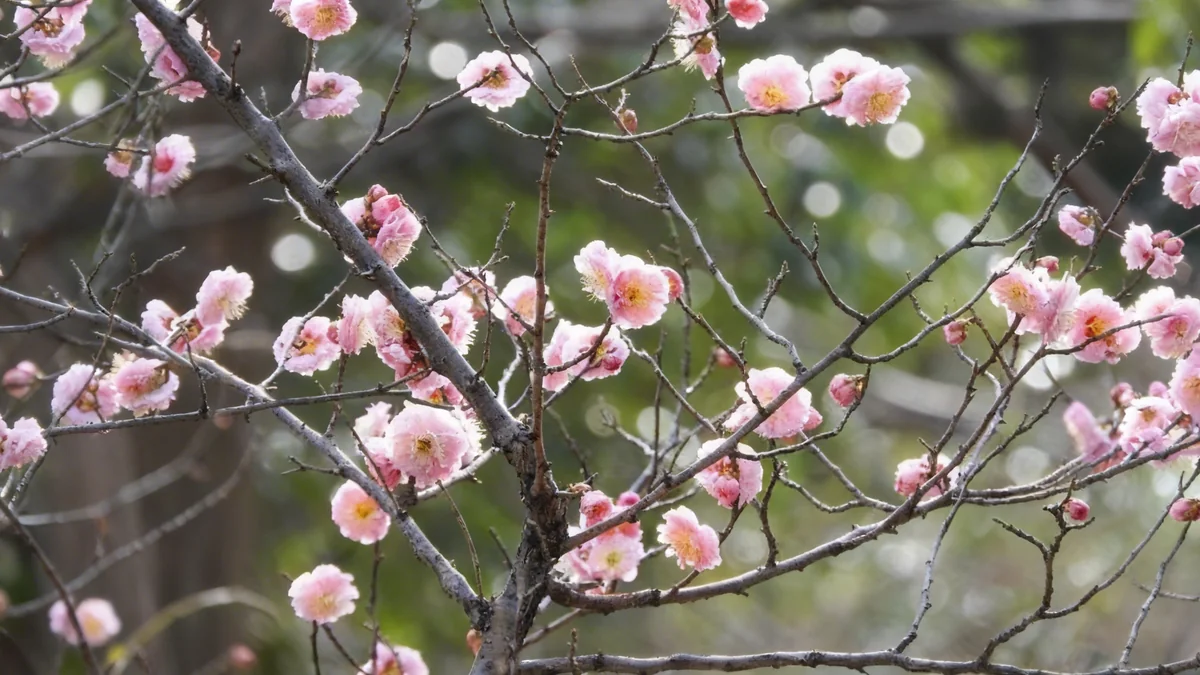Kyoto will implement a significantly higher accommodation tax for tourists starting in 2026, a move aimed at managing the city's increasing visitor numbers. The new tiered system, approved by Japan's Ministry of Internal Affairs and Communications, will introduce substantial fees for guests staying in high-end hotels, with some nightly taxes reaching approximately $100.
The policy change reflects a broader effort by the popular Japanese city to address the challenges associated with overtourism. The revenue generated will be used to enhance infrastructure and improve the experience for both residents and visitors.
Key Takeaways
- Kyoto will introduce a new, higher accommodation tax structure effective from 2026.
- The tax is tiered based on the nightly room rate, with the largest increases for luxury hotels.
- Rooms costing over $1,000 per night will face a new tax of around $100.
- The measure is a response to surging tourist numbers and aims to fund infrastructure improvements.
Details of the New Tax Structure
The revised accommodation tax in Kyoto introduces a multi-tiered system that directly links the fee to the price of the hotel room. This marks a significant departure from the current flat-rate system, which has a maximum charge of about $10 per night.
New Tax Tiers Explained
Under the new rules set to begin in 2026, the tax will be calculated as follows:
- For rooms priced over $1,000 per night: A new levy of approximately $100 will be applied.
- For rooms priced between $500 and $1,000 per night: A tax of about $40 will be charged.
- For rooms priced between $200 and $500 per night: The existing levy of around $10 will remain in place.
- For rooms priced below $60 per night: A smaller tax of approximately $2 will be collected.
This structure is designed to draw more revenue from the luxury travel sector while keeping costs lower for budget-conscious visitors. The confirmation from the Ministry of Internal Affairs and Communications solidifies the city's plan to move forward with the changes.
Did You Know?
The new tax represents a potential 900% increase for the most expensive hotel rooms compared to the current maximum tax, shifting from about $10 to $100 per night.
Addressing the Challenges of Overtourism
Kyoto, celebrated for its historic temples, traditional architecture, and cultural landmarks, has become a focal point for Japan's tourism boom. This popularity has placed considerable strain on public services and infrastructure, leading to what is often described as "overtourism."
City officials have stated that the increased tax revenue is essential for managing the impact of millions of visitors each year. The funds are expected to be allocated toward improving transportation, maintaining cultural sites, and enhancing the overall visitor experience in a sustainable way.
"The introduction of this new tax is a necessary step to ensure Kyoto remains a beautiful and livable city for both its residents and the tourists who come to admire its heritage."
Kyoto's Famous Attractions
Kyoto is home to numerous world-renowned sites that draw large crowds, including the Fushimi Inari Grand Shrine with its thousands of red torii gates, the golden Kinkakuji Temple, the historic Kyoto Imperial Palace, and the bustling Nishiki Market.
Impact on International Travelers
Japan has seen a significant rise in international visitors, and the new tax will directly affect their travel budgets. Travelers planning trips to Kyoto from 2026 onwards will need to account for these additional costs, especially those opting for luxury accommodations.
A Popular Destination for Australians
Japan is an increasingly popular destination for Australian tourists. According to data from the Japan National Tourism Organisation, visitors from Australia accounted for 920,196 visits in 2024. In July of the same year, 50,200 visits were recorded from Australia alone.
The country's overall tourism numbers are also robust. From January to July 2024, Japan welcomed a total of 24,955,390 visitors from all over the world. The tax in Kyoto is part of a growing trend where popular destinations implement levies to manage tourism's impact.
For a traveler staying five nights in a hotel room that costs over $1,000, the new tax would add approximately $500 to their accommodation bill. This substantial increase will likely influence booking decisions and may encourage some visitors to consider alternative lodging options or different cities.
While the tax aims to improve the city, potential visitors will need to weigh the added expense against the unique cultural experiences that Kyoto offers. The changes highlight a global conversation about how to balance a thriving tourism economy with the preservation of local culture and quality of life.





